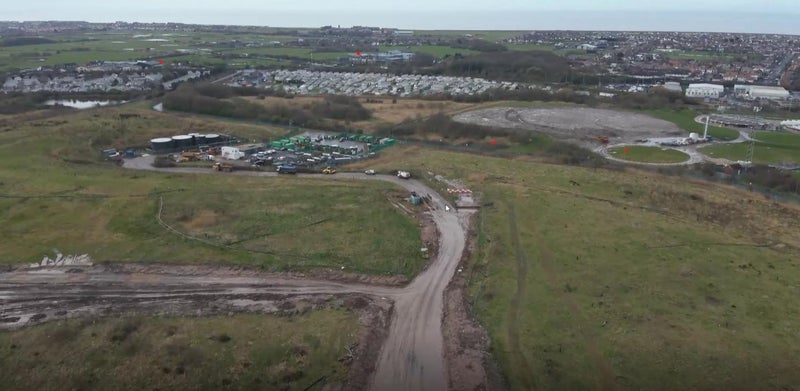A pipe in a communal waste stack burst into my leasehold flat, but it took a month for the council to address it, forcing us to move out. My three-year-old daughter and I face homelessness because mismanagement by Southwark Council has left my leasehold flat uninhabitable. A sewage pipe in a communal waste stack burst behind a panel in my kitchen back in November 2023. Southwark took over a month to address it, during which time sewage spilled into the flat, forcing us to move out. When its team finally attended, it drilled through an asbestos insulation panel without testing first for asbestos. This violated asbestos regulations.
![[Anna Tims]](https://i.guim.co.uk/img/uploads/2018/01/08/Anna_Tims,_L.png?width=75&dpr=1&s=none&crop=none)
Meanwhile, my home insurer, MBNA, appointed subcontractors to dry out the flat and assess repairs. Dehumidifiers were installed in the kitchen and the kitchen dismantled. A month later, an asbestos test I’d commissioned came back positive, and it was feared that the dehumidifiers, blowing into the affected panel, may have spread asbestos dust across the flat. A full decontamination was recommended. The flat was sealed off and remedial works came to a halt.
It took until May 2024 for the place to be decontaminated by MBNA contractors because Southwark failed to act. By then, another sewage leak had been found and it took Southwark 38 weeks to make a temporary repair. A third leak has now been discovered, which means the repairs to the flat can’t progress. My daughter and I spent the first two months, after the initial leak, moving between hotels paid for by MBNA. When, last January, it was agreed the insurer would pay for a flat, it had no heating or hot water, and we were served with an eviction order when it was repossessed by a bank. MBNA later informed me my housing allowance had run out and I was served with another eviction order.
It has now been over 15 months since we last lived in our home and I am on the brink of financial ruin. MB, London. You have suffered an unimaginable ordeal at the hands of a council which has been accused of “serious failings” by the Regulator of Social Housing. Southwark was remarkably blithe in its response to me, regretting that “a simple repair became a complex one”, without acknowledging its tardiness in addressing the leak which exacerbated the damage.
The leak was in communal ducts where the landlord, ie the council, must manage asbestos risk in accordance with the Control of Asbestos Regulations 2012. Southwark admits, without apology, that its team had disturbed asbestos when tackling the damaged panel without prior testing. It credits itself (wrongly) with carrying out the asbestos test and the subsequent clean up, and claims (wrongly) the flat is now repaired and ready for habitation. Repairs can’t start until the latest (third) leak is fixed and the source of the repeated problems addressed.
The council has now awarded you £1,850 for its service failures. MBNA, part of Lloyds Group, meanwhile, tells me it will fund your alternative accommodation for a further two months, and the buildings insurer will take over after that until your flat is habitable. It denies its dehumidifiers had spread asbestos and blames the glacial progress on Southwark’s delays. However, it’s since awarded you £1,000 for “not getting the management of your claim quite right”. You say it doesn’t remotely cover the financial hit, let alone the emotional cost, and you have lodged a complaint against MBNA with the Financial Ombudsman Service. The Housing Ombudsman can, meanwhile, consider complaints about landlords.




























